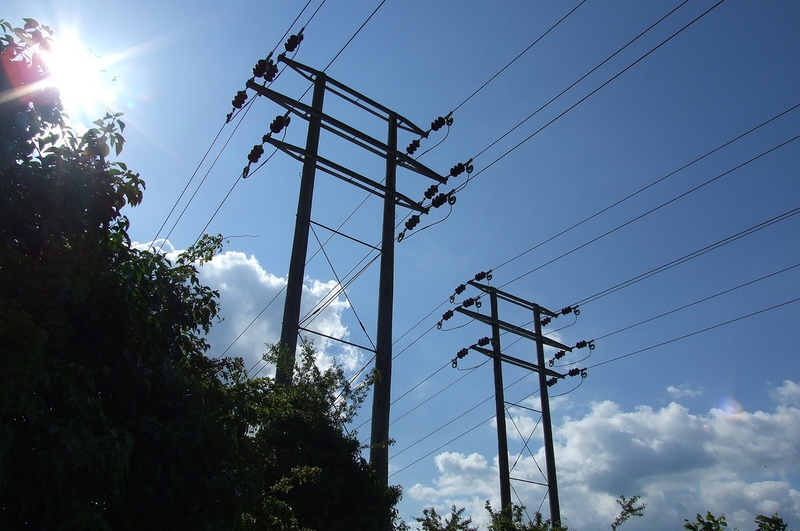
Personal Insurance
Surviving Summer Blackouts

Most of us love summer. But long, hot days, coupled with heavy summer storms, hurricanes and periodic heat waves, all tax the power grid and can lead to inevitable blackouts. Now that summer’s officially on its way, what can you as a homeowner do to protect what matters to you most?
As with any disaster, building an emergency kit and having a family communications plan in place are two vital items to consider. And following your local utility energy company conservation measures helps utility companies avoid imposing rolling brownouts in the first place.
In addition, here’s a checklist that can help you protect your family before, during and after a blackout.
- Keep bottled water handy. You can also fill plastic containers with water and place in your freezer.
- Keep your car gassed up.
- Make sure you would know how to manually release your garage door if the garage door opener was not operating.
- Check with your pharmacist regarding any medications you are currently taking, especially if they need to be refrigerated.
- Use flashlights whenever possible; leave the candles for another time.
- Disconnect appliances, computers and other electrical equipment. A power surge or spike may damage these items.
- Run your generator outdoors, never inside the house as carbon monoxide will build in closed spaces.
- Keep your refrigerator and freezer doors closed whenever possible. Keep the cold air in.
- Keep a portable radio handy. Listen to local news whenever possible for updates.
- Keep cool whenever possible, paying special attention to the elderly and younger children. Towels soaked in water may provide some relief, applying to the back of the neck.
- Take the stairs, even if you think the power is back on.
- Follow the advice of emergency personnel, whenever possible.
- Unless forced to evacuate, try to keep traveling to a minimum. (Traffic lights may stop working during blackouts.)
- Use 911 for emergency situations only.
- After the blackout, throw away any food that has been exposed to temperatures over 40 degrees fahrenheit for a prolonged period of time. When in doubt, throw it out!
Learn more about family communications plans and disaster preparedness, in this article, from ready.gov.

